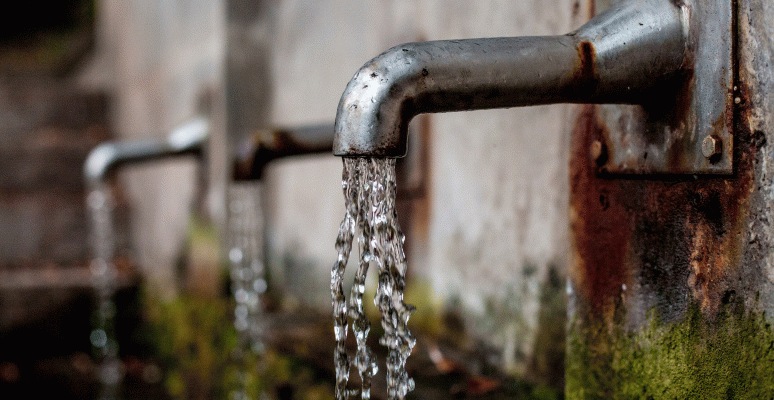The study analysed samples from 19 U.S. drinking water treatment plants serving more than 28 million people and found this sweetener in 15 out of 19 water treatment plants, in 13 out of 17 plants and in 8 out of 12 water distribution systems. The average amount of sucralose in source water and finished water was respectively 440 ng/L and 350 ng/L.
Splenda was never proven to be safe for human consumption before approval by FDA
.According to a 2008 animal study published in the Journal of Toxicology and Environmental Health, consumption of sucralose was found to be correlated to a decrease in good bacteria in the animal’s intestine by 50%, an increase of the pH levels in the intestines and to an increase in body weight. Sucralose was also found to be absorbed by fat cells and to affect P-glycoprotein (P-gp) levels in such a way that crucial health-related drugs could be rejected. For humans, this means that sucralose interferes with absorption of drugs used in treatment such as chemotherapy, AIDS and for heart conditions.
All the studies conducted on Splenda were on animals and they revealed a correlation with consumption of Splenda and decrease in red blood cells, increased male infertility by interfering with sperm production and vitality and brain lesions for higher doses. They also found enlarged and calcified kidneys, spontaneous abortions in half of the subjects given Splenda (compared to 0 in the control group) and 23% death rate compared to 6% of the control group.
Sources
External Link: Artificial sweetener sucralose in U.S. drinking water systems.
External Link: Splenda alters gut microflora and increases intestinal p-glycoprotein and cytochrome p-450 in male rats





 Follow me on facebook
Follow me on facebook